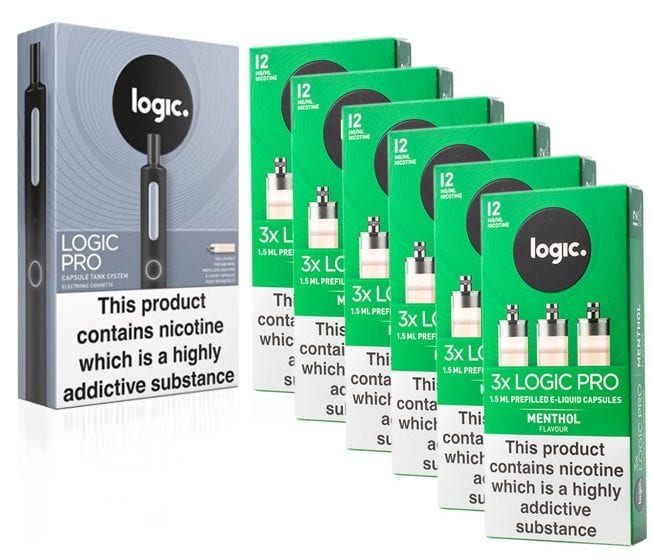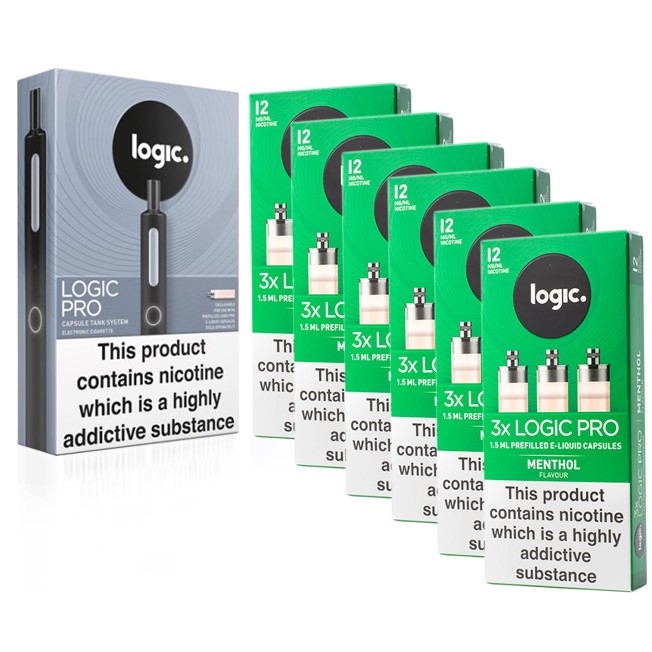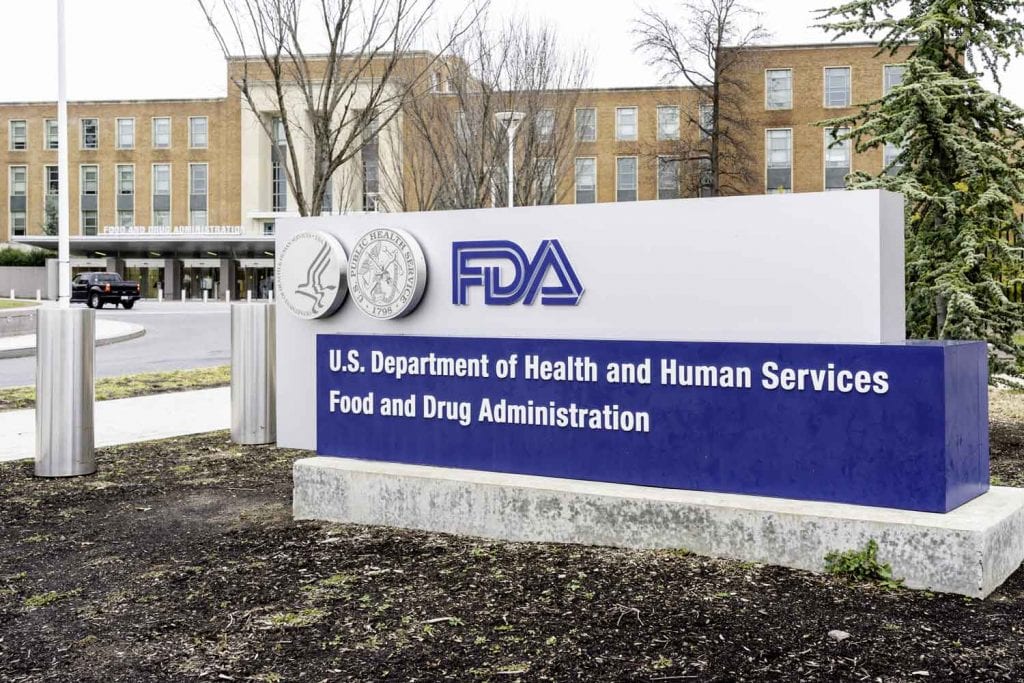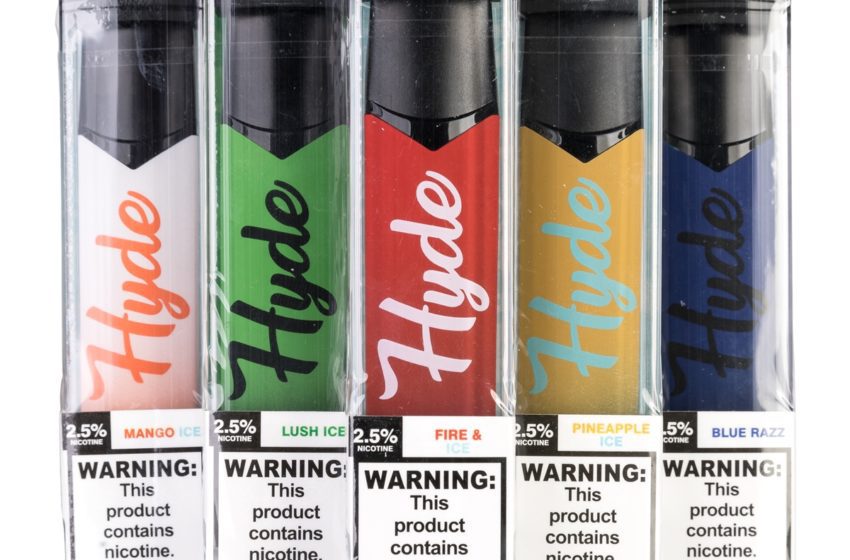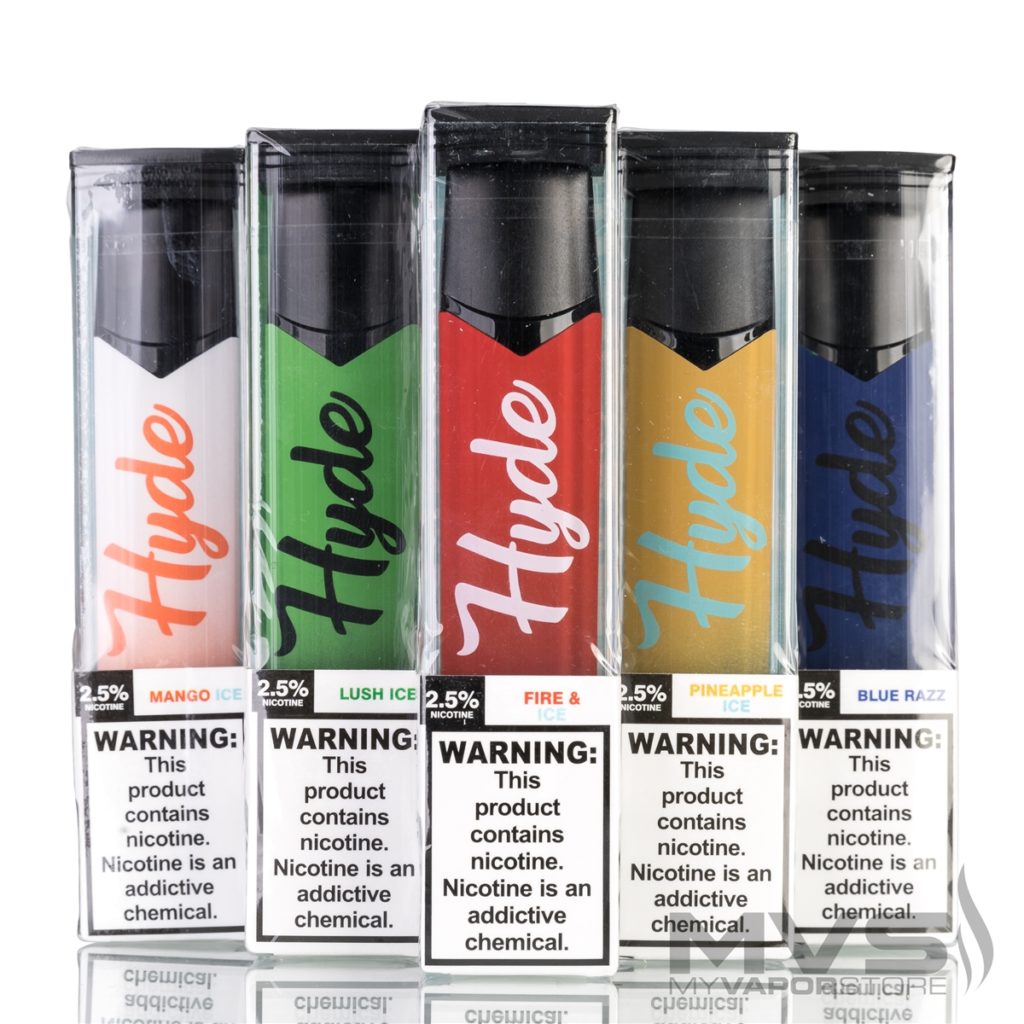
Numerous comments from purported staffers of the U.S. Food and Drug Administration for the Reagan Udall assessment of the performance of the FDA’s Center for Tobacco Products (CTP) claim the regulatory agency is in a state of disarray and being influenced by outside forces, not scientific research.
One comment stated that reviewers of premarket tobacco product applications (PMTAs) in the CTP Office of Science (OS) lack the autonomy to exercise “best scientific practices” in their reviews of PMTAs.
“Scientific disagreement is frowned upon, if not entirely suppressed, and punished through various backhanded methods (e.g., lack of assignments, projects, and other opportunities that are needed for career development/promotion),” the comment states. “In some divisions (e.g., Division of Nonclinical Science [DNCS]), leadership pushes a ‘gotta get em’ mentality onto staff, which is unsupportive of a reviewer’s fundamental duty to provide an unbiased review using the best available science.”
In July, the FDA commissioned an independent review of the regulatory agency’s food and tobacco programs following months of criticism over its handling of the baby formula shortage and e-cigarette reviews. FDA Commissioner Robert Califf chose the non-profit Reagan-Udall Foundation, a non-governmental research group created by Congress to support the FDA’s work.
The comments are anonymous and open to the public. Many of the comments paint a picture of an agency that is inept and making decisions persuaded by political agendas and not based on the science surrounding next generation nicotine products. One reported FDA staffer claimed that there’s a toxic culture permeating the OS that begins with the FDA’s leadership teams.
“The so-called leaders do not solicit feedbacks from the actual reviewers, instead, listening to few of the loudest ducks, who are not the experts in any of the specific disciplines,” the commenter wrote. “Favoritism/nepotisms, unconscious bias, racism/sexism, permeating the whole office/Division, the minority and women consistently being ignored for their suggestions/feedbacks, although they are the ones who did most amount of work.”
Another comment claims that arbitrary and politically driven timelines set externally (by a judge for example) are driving reviews as opposed to allowing for a thorough scientific review. “When errors are found the CTP reviewers are blamed when in fact the lack of adequate time to complete the reviews are at fault. Staff are burned out and constantly told to do more in less time and blamed for not meeting insane deadlines,” the comment states. “In cases where reviews are finished and scientific decisions are made they are also overruled by political agendas and pushed to change decisions.”
Another comment states that the Tobacco Control Act (TCA) favors combustible tobacco products by allowing new combustible products to take easier pathways to market, such as being considered pre-existing tobacco products or through the standard equivalency (SE) pathway.
“CTP has explicitly stated that the science supports the notion of a continuum of risk, i.e. that combustible products are the deadliest and noncombustible products appear to be nominally safer. Nevertheless, CTP has elected to conduct a product by product premarket review of new tobacco products,” the comment states. “So any innovative product, such as an e-cigarette, would most likely have to undergo a more robust and burdensome pathway to market, e.g. PMTA.”
It not all doom and gloom, however, as some claim that agency staffers are just overworked. One commenter stated that CTP is constantly working under impossible deadlines with long review queues that none of the other centers overseen by the FDA are required to endure.
“The volume of applications it sees and products it regulates are astronomical in comparison, but we are not being given any protection, support, or leeway to handle this burden,” the comment states. “Instead, it seems as if CTP and OS are blamed for having large queues or not making deadlines, without anyone taking a look to see just how much work is being done to ensure that things are done as soon as humanly possible. Treating this Center as the rest of the Centers in terms of queues and timelines is unhelpful and encourages burnout.”
Another commenter wrote that the FDA doesn’t have the ability to give all PMTAs a “fair and equal” review, a claim that has been denied by the agency in court cases surrounding its issuing of marketing denial orders. “There are so many layers to make sure the science makes sense, its being communicated in a way that makes sense. But it doesn’t have the people or breathing room to apply that system to every single application equally,” the comment states. “We are definitely all being overworked and stretched too thin with unreasonable deadlines, lack of protection from those outside of CTP, and a staffing shortage.”




